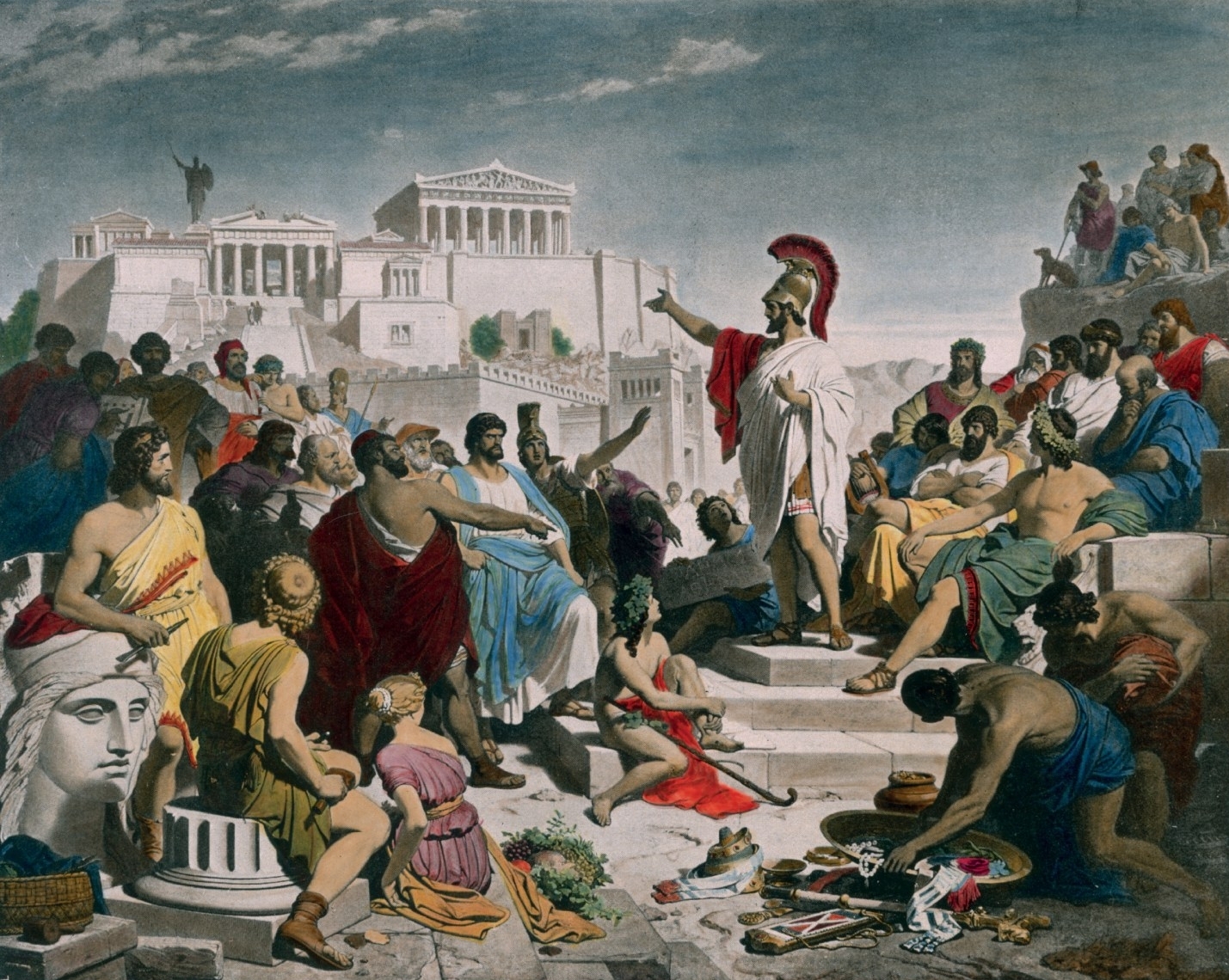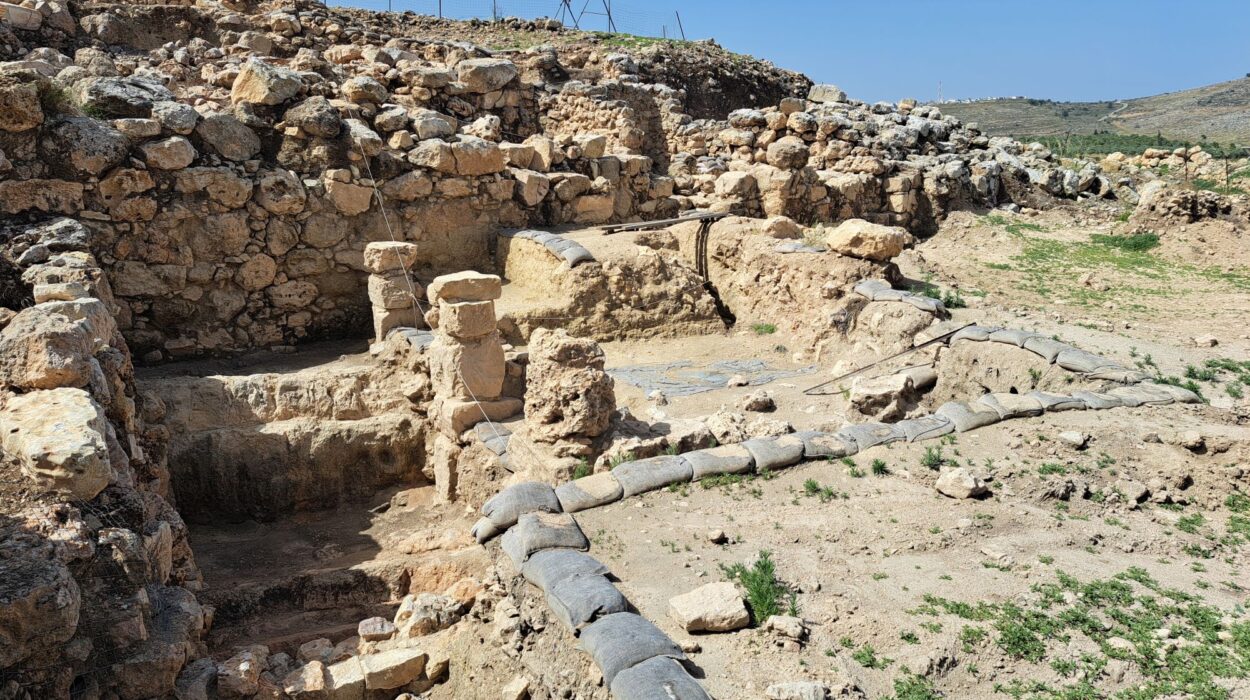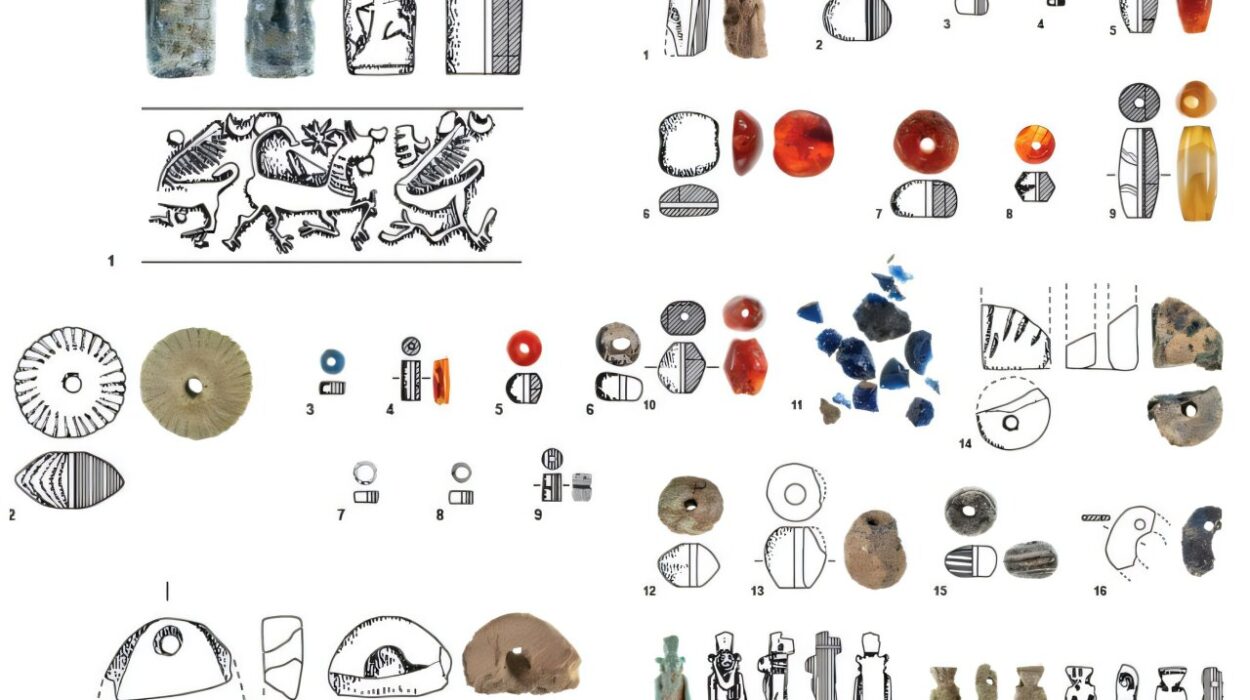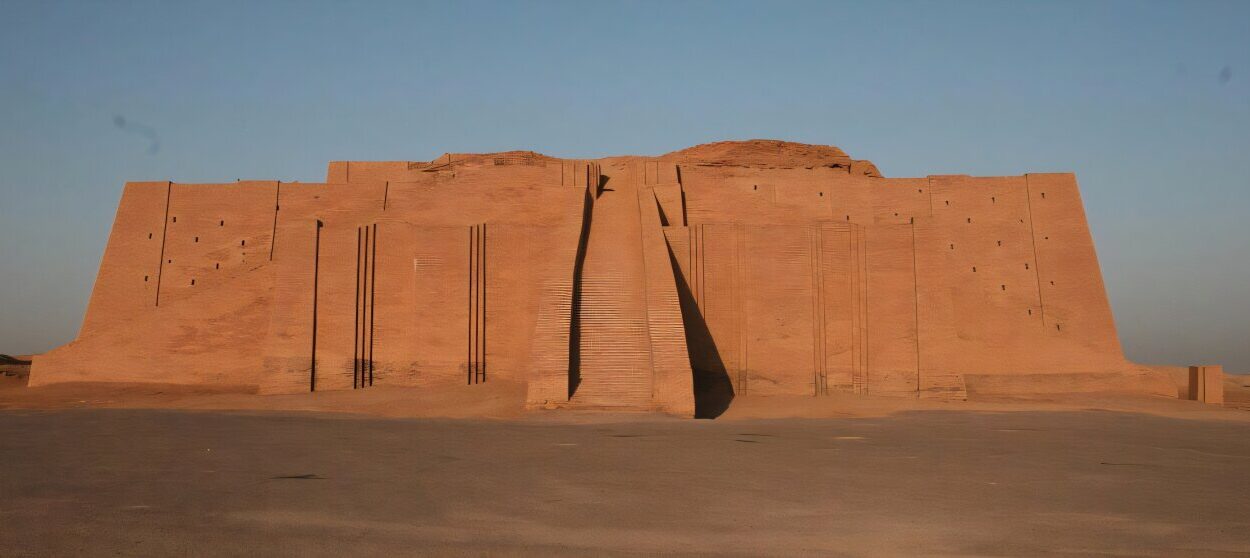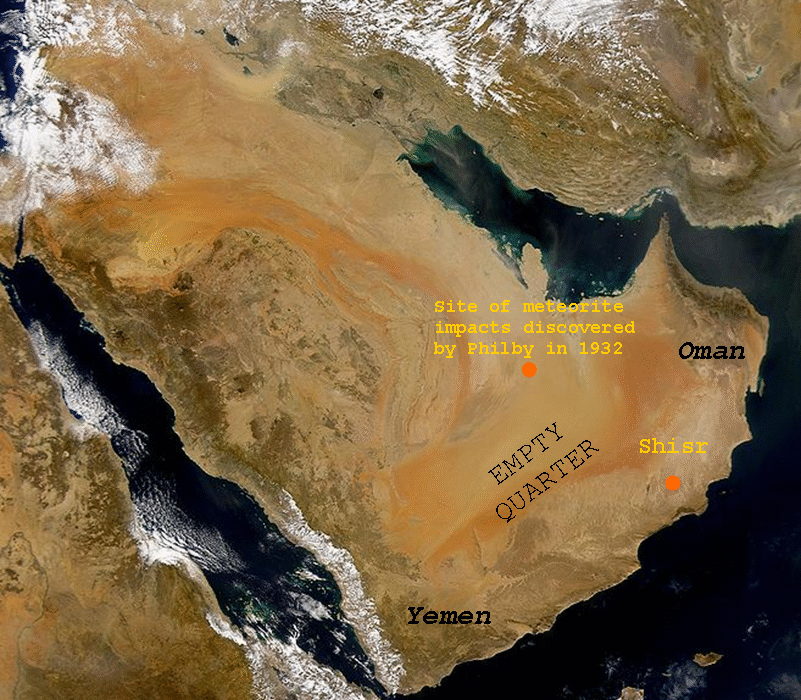Ancient Greece is not simply a chapter in history; it is the foundation upon which much of Western civilization stands. When we speak of democracy, philosophy, theater, literature, and even the Olympic Games, we are reaching back to ideas first imagined on the rocky hills and bustling marketplaces of Greek city-states more than 2,500 years ago. Greece was not the first civilization to govern itself, to produce art, or to question the universe, but it was the first to weave all of these into a cultural fabric so enduring that its patterns are still visible in our societies today.
At the heart of Greece’s legacy lies democracy—the bold and radical idea that ordinary citizens, rather than kings or priests, could have a say in governing their community. Though far from perfect, this system was revolutionary for its time and became one of the most influential experiments in human history. To understand why democracy first blossomed in Greece, we must step into a world of city-states, wars, ideas, and passions, where human ambition collided with human reason, producing a civilization that changed the course of history.
The Geography of a Unique Civilization
Ancient Greece was not a single unified empire but a mosaic of independent city-states, known as poleis (singular: polis). Geography shaped this political structure. The Greek mainland is rugged, with mountains dividing the land into isolated valleys. Instead of one great river system like the Nile or the Tigris, Greece had countless small plains and coastal harbors. This natural fragmentation meant that no single ruler could easily dominate all of Greece, and so dozens of independent communities grew, each with its own laws, traditions, and ambitions.
The sea was another defining feature. Greece juts into the Mediterranean like a jagged spear, with countless islands scattered across the Aegean and Ionian seas. The Greeks became skilled sailors, traders, and colonizers, connecting their small homeland with Egypt, Anatolia, the Levant, and Italy. This maritime lifestyle exposed them to ideas, technologies, and cultures, which they absorbed and transformed.
In this environment of diversity and exchange, creativity flourished. Competition among city-states spurred advances in art, architecture, and politics, as each polis sought to outshine the others. And within this competition, Athens emerged as the city that would give birth to democracy.
The Polis: Heart of Greek Life
To understand democracy, one must first understand the polis. Unlike kingdoms or empires ruled by monarchs, the polis was a community of citizens who shared rights, duties, and responsibilities. The polis was not just a place but a way of life. Its center was the agora—a public square where citizens gathered to trade, debate, and celebrate festivals. Overlooking many poleis was the acropolis, a fortified hill that symbolized both protection and civic pride.
Citizenship in the polis was a privilege. In Athens, citizenship was limited to free-born men whose parents were Athenians. Women, slaves, and foreigners (metics) were excluded from political rights. This exclusivity reveals the limits of Greek democracy, but within its boundaries, the concept of shared governance took root.
The polis encouraged participation. Citizens not only fought in wars together but also legislated, judged, and debated together. This communal spirit nurtured the idea that political power could rest in the hands of the many rather than the few.
Athens and the Birth of Democracy
While many Greek city-states experimented with different forms of government—monarchies, oligarchies, and tyrannies—it was Athens that gave democracy its first true form. The road to democracy in Athens was not sudden but evolved through centuries of struggle, reform, and revolution.
The Early Struggles
In the 7th century BCE, Athens was ruled by aristocrats—wealthy landowners who monopolized power. Poor farmers often fell into debt, and some were even enslaved. Tensions simmered between the rich and the poor, threatening the stability of the city.
To ease the crisis, Athens turned to lawmakers. One of the earliest, Draco, codified harsh laws around 621 BCE, so severe that “draconian” became a word for excessive severity. But Draco’s laws did not resolve inequality. It was Solon, appointed in 594 BCE, who laid the foundations for change.
Solon’s Reforms
Solon canceled debt slavery, restructured society based on wealth rather than birth, and allowed broader participation in politics. While the aristocracy retained influence, his reforms created new opportunities for common citizens. Solon’s legacy was not a full democracy, but it cracked open the door to greater equality.
The Age of Tyrants
In the following century, Athens experienced the rule of tyrants—leaders who seized power outside traditional structures but often enjoyed popular support. The most notable was Peisistratus, who ruled Athens in the mid-6th century BCE. Though a tyrant, he fostered cultural growth, supporting festivals, architecture, and the arts. His reign prepared Athens for a more inclusive political life once tyranny collapsed.
Cleisthenes: Father of Democracy
The true architect of Athenian democracy was Cleisthenes. In 508/507 BCE, he introduced reforms that broke the power of the aristocratic clans and reorganized citizens into new tribes based on residence rather than kinship. This shift weakened traditional elites and gave ordinary citizens a greater voice.
Cleisthenes established the Ekklesia (Assembly), where citizens could gather to debate and vote on laws. He also introduced the Council of 500, chosen by lot, to prepare proposals and oversee governance. By making random selection a principle of politics, Cleisthenes emphasized equality—every citizen, rich or poor, had a chance to serve.
His reforms transformed Athens into the world’s first direct democracy, where citizens themselves made laws rather than electing representatives to do so.
How Athenian Democracy Worked
Athenian democracy was direct, participatory, and radically different from modern systems. Citizens met in the Assembly to discuss and vote on issues ranging from war to taxation. Participation was not a privilege of the elite but a duty expected of all citizens.
The system included several key institutions:
- The Assembly (Ekklesia): Open to all male citizens, it met around 40 times a year on the Pnyx hill. Here, citizens debated policies, made decisions on war and peace, and passed laws.
- The Council of 500 (Boule): Chosen by lot, it prepared legislation and managed daily affairs. Serving on the council was considered a civic responsibility.
- The People’s Courts (Dikasteria): Large juries, also selected by lot, decided legal disputes. No professional judges existed—justice was placed directly in the hands of citizens.
- Magistrates: Officials, some elected but most chosen by lot, carried out executive functions.
While inclusive among citizens, Athenian democracy excluded a vast portion of the population. Women, slaves, and foreigners had no political rights. Historians estimate that only about 10–20% of Athens’ population could participate. Yet even with these limits, the idea that ordinary citizens could govern themselves was revolutionary.
The Glory of Athens
Democracy flourished during Athens’ Golden Age in the 5th century BCE, particularly under the leadership of Pericles. He introduced reforms that provided payment for jury service, enabling poorer citizens to participate fully in civic life.
Athens became not only a political innovator but also a cultural beacon. The city saw the construction of the Parthenon, the rise of drama through playwrights like Sophocles and Euripides, and the birth of history as a discipline through Herodotus and Thucydides. Philosophy thrived in the hands of Socrates, Plato, and Aristotle, who asked profound questions about ethics, knowledge, and governance.
This explosion of creativity was intertwined with democracy. The openness of debate, the emphasis on public life, and the competition for civic honor all fueled intellectual and artistic achievements.
Democracy on Trial: War and Decline
Despite its brilliance, Athenian democracy was fragile. The Peloponnesian War (431–404 BCE) between Athens and Sparta tested its resilience. The long conflict drained resources, divided citizens, and exposed the weaknesses of direct rule in times of crisis.
At several points during the war, democracy collapsed, replaced by oligarchies such as the rule of the Thirty Tyrants in 404 BCE. Yet democracy proved resilient, restored each time after periods of repression. However, the war left Athens weakened, and eventually, it lost its independence to Macedon under Philip II and later to Rome.
Even as Athens declined politically, the idea of democracy survived. Though many Greek city-states experimented with different systems, Athens’ model remained a reference point for centuries.
The Philosophical Debate
Not everyone in Greece embraced democracy. Some of its harshest critics were the very philosophers who shaped Western thought. Plato distrusted democracy, blaming it for the execution of his teacher, Socrates, and likening it to mob rule. In his work The Republic, he envisioned a society led by philosopher-kings guided by wisdom rather than popular opinion.
Aristotle, while more sympathetic, categorized democracy as a flawed system compared to what he considered the ideal—rule by a virtuous middle class. Yet even their critiques contributed to the richness of political thought, highlighting the challenges of balancing freedom, order, and justice.
Legacy of Greek Democracy
Although Athenian democracy eventually disappeared, its legacy endured. When Rome rose to power, it adapted elements of Greek governance into its republican system. Centuries later, during the Renaissance, scholars rediscovered Greek texts, sparking renewed interest in democracy and philosophy.
The Enlightenment of the 17th and 18th centuries drew heavily on Greek models. Thinkers such as Montesquieu and Rousseau studied ancient Athens, adapting its ideas for modern contexts. When the United States and France built their modern republics, they explicitly looked to Greek democracy as inspiration.
Today, every democratic nation owes a debt to Athens. While no modern democracy is a direct copy of the Athenian system, the principle that ordinary people should have a voice in their government traces back to that radical experiment on the hills of Attica.
Beyond Democracy: Greece’s Broader Contributions
While democracy is perhaps Greece’s most famous gift, its contributions spanned every sphere of human thought and creativity. Greek philosophers laid the foundations of science, logic, and ethics. Greek mathematicians like Euclid and Pythagoras revolutionized geometry. Doctors such as Hippocrates set standards for medical practice still relevant today.
In art and literature, Greece established forms that remain central—tragedy, comedy, epic poetry, sculpture, and architecture. The very concept of the Olympic Games, a festival uniting city-states in peaceful competition, emerged from Greece.
These achievements were not separate from democracy but intertwined with it. A society that valued debate, participation, and excellence in public life created fertile ground for innovation.
Lessons for the Modern World
What can we learn from Greek democracy today? The Athenians remind us that self-government is both powerful and fragile. Democracy thrives on participation, debate, and accountability, but it can falter under inequality, corruption, or apathy. The exclusion of women, slaves, and foreigners from Athenian democracy is a stark reminder that freedom must constantly expand its boundaries to be truly just.
At the same time, Athens shows us the transformative potential of civic engagement. When citizens believe their voices matter, creativity flourishes, and societies achieve greatness. The courage of Cleisthenes, the vision of Pericles, and the passion of ordinary Athenians who debated under the open sky continue to inspire people seeking freedom around the world.
Conclusion: A Legacy That Endures
Ancient Greece was not a perfect society, and its democracy was far from universal. Yet in daring to entrust governance to its citizens, Athens lit a torch that still burns today. Democracy was not born whole and flawless—it was forged in struggle, debate, and compromise.
The Athenians could not have imagined how far their experiment would spread, influencing revolutions, shaping constitutions, and inspiring generations. Their story is not only a record of the past but also a call to the present: to cherish the fragile gift of self-rule, to expand its promise to all, and to remember that democracy, like life itself, is sustained only by the participation and courage of those who believe in it.
In the shadow of the Parthenon, the echoes of Athenian voices remind us that democracy is both a heritage and a responsibility—one born in ancient Greece but belonging to the world.
